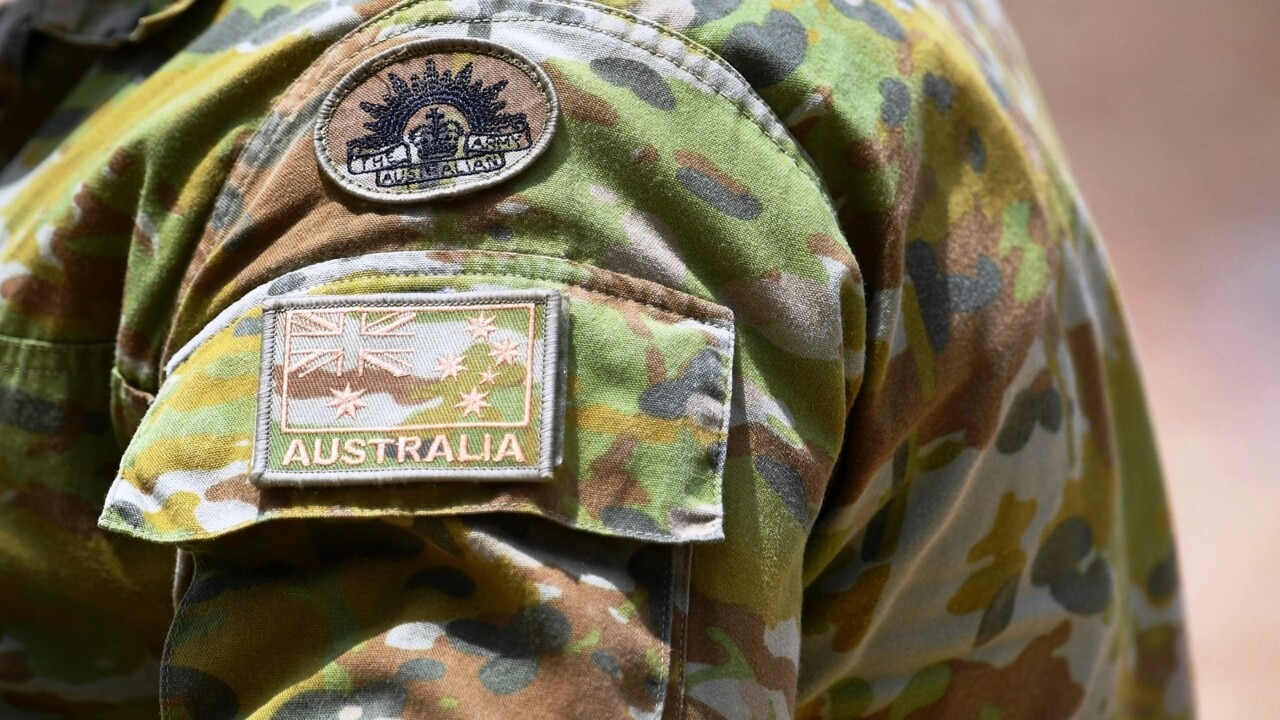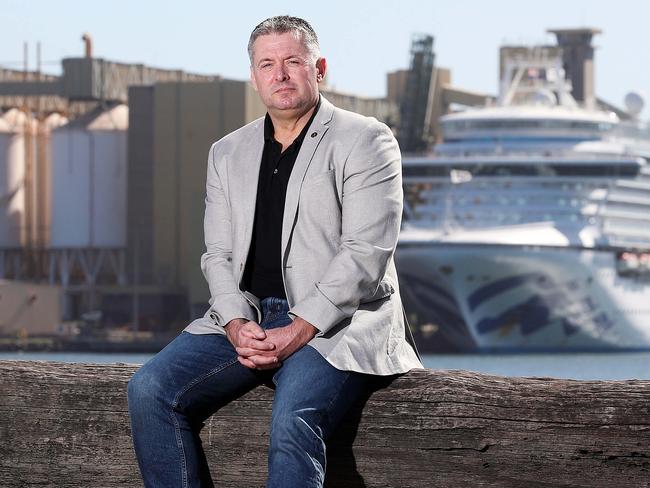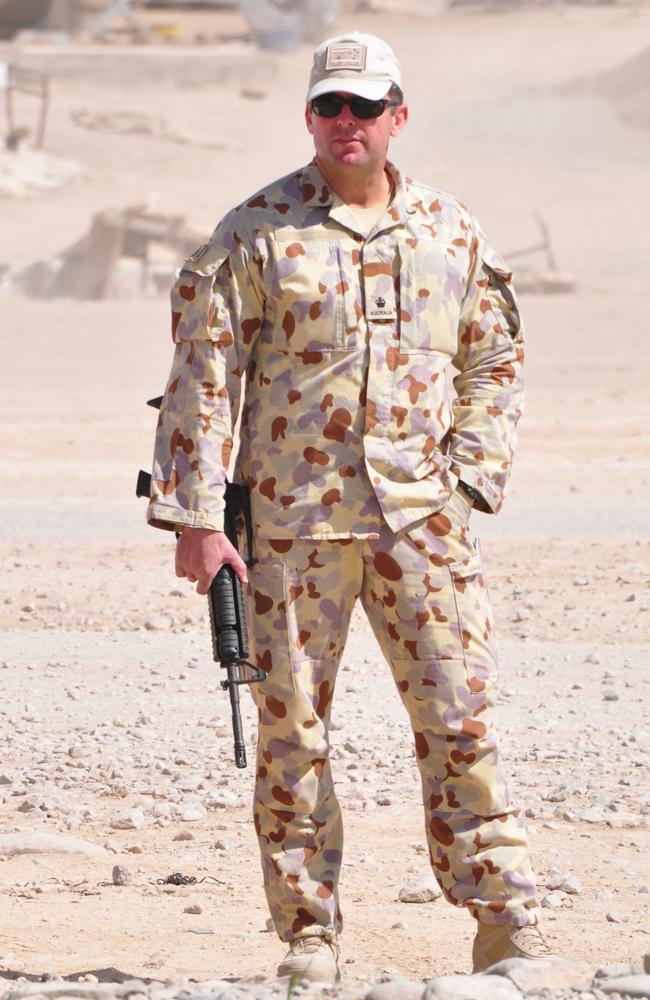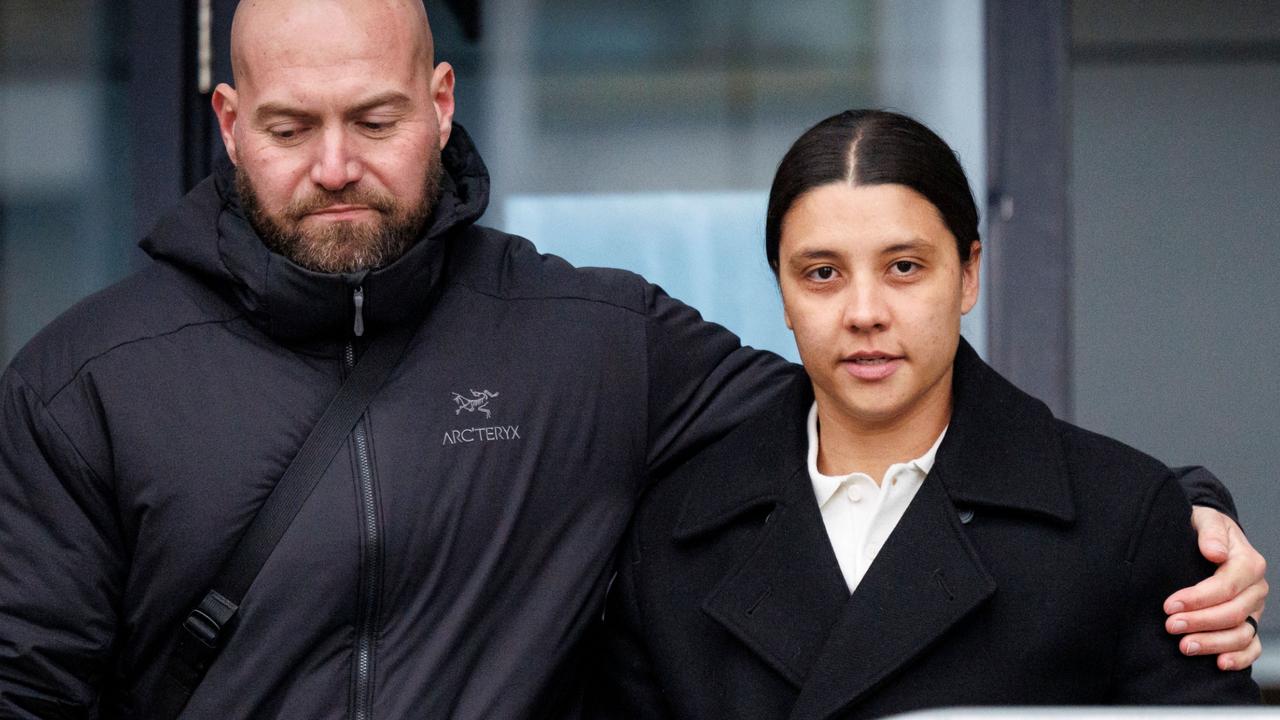International Criminal Court could review roles of Australian Special Forces senior staff over Afghanistan campaign
Pressure is mounting for Australian Special Forces’ senior commanders to be investigated by the International Criminal Court.

National
Don't miss out on the headlines from National. Followed categories will be added to My News.
The International Criminal Court could review the role of Australian Special Forces’ senior commanders during the Afghanistan campaign — and their blanket exoneration.
The push for an ICC probe follows a two-year analysis released this month into the Brereton report into alleged war crimes and specifically who should or shouldn’t be held accountable.
The moves also comes as ADF chief General Angus Campbell will today face parliamentary scrutiny during Defence Budget estimates, including over plans to strip Special Forces’ commanders of their distinguished service medals.
He wrote to at least seven commanders who were largely at tactical patrol commander level during the Afghanistan campaign, to advise of their proposed medal stripping.
But the brief being prepared for ICC prosecutors declares the move does not go far enough up the ADF chain of command.
It declares others up to and including Gen. Campbell himself should lose their medals and be held accountable for any alleged crimes that happened, albeit indirectly, under their watch.

The ICC Article 15 brief is being drawn up by three former Army majors and is based on a 110,000 word doctoral thesis conferred last month and made public two weeks ago by another former Army officer turned lawyer Dr Glenn Kolomeitz.
Dr Kolomeitz said his doctoral research rebuts the Brereton application of law to the facts including the blanket exemption to Joint Task Force 633 commanders including a then Maj. Gen. Campbell.
The 2020 Brereton inquiry into alleged war crimes including unlawful killings exonerated senior commanders for having no direct command responsibility.
“So on the one hand you can exhibit ‘distinguished command and leadership’ and get a medal but on the other hand be found to not have had ‘effective command and control’ for the same period of time, that doesn’t sit right,” former Army officer and 30-year ADF veteran Dr Glenn Kolomeitz said.

“Command and control is what deters war crimes and fights impunity … a major general (Paul Brereton) a legal justice or otherwise exculpating all other major generals by way of blanket exemption, that’s the sort of stuff you see in the African (despot) cases coming before the ICC. That’s why there is currently a group of Australian Army officers working up what they call an Article 15 communication to the ICC prosecutor Karim Khan saying ‘come have a look at this mate’. That’s why the royal commission (into defence and veteran suicide) is now questioning chain of command.
“You cannot have these exemptions, this flies in the face of international criminal law … the chain of command have to be looked at by the OSI (Office of Special Prosecutor).”
The ICC had looked at Brereton’s war crimes allegations more broadly and was satisfied those identified for potential offences were being adequately investigated.
Defence maintains the CDF had considered the command accountability of current and former serving ADF irrespective of rank who held command positions during the periods in which the ADF Inspector-General found credible information of multiple incidents of alleged unlawful conduct.
More Coverage
Originally published as International Criminal Court could review roles of Australian Special Forces senior staff over Afghanistan campaign




